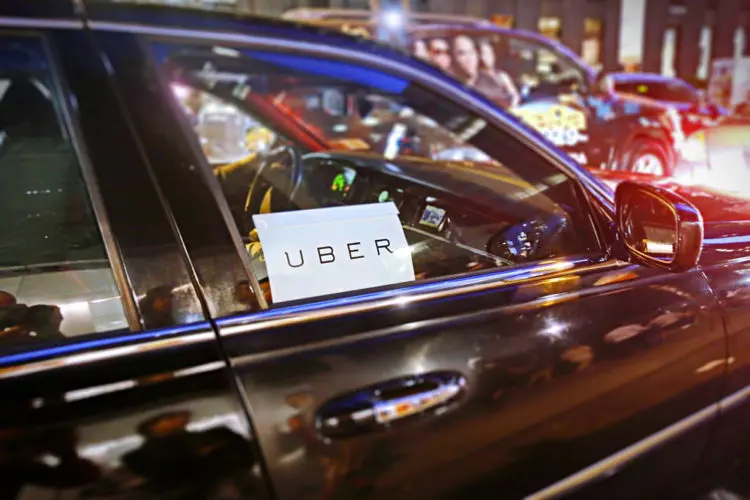Uber has lost its licence to operate private hire vehicles in London.
Transport for London is set to announce the decision not to renew the global ride-hailing firm’s licence at the end of a two-month probationary extension granted in September.
Uber was told it needed to address issues with checks on drivers, insurance and safety, but has apparently failed to satisfy the capital’s transport authorities.
The decision is unlikely to see Uber cars disappear from London, as the firm is expected to appeal, and can continue to operate pending the outcome.
When TfL first rejected Uber’s licence renewal, in September 2017, the firm eventually persuaded judges to award it a 15-month licence to continue.
The firm says it will appeal the decision and can continue to operate during that process.
It had received an additional two-month extension in September which expired on Sunday.
Uber has faced resistance from regulators and traditional taxi services in a range of countries after being dogged by controversy for a number of years.
Helen Chapman, Director of Licensing, Regulation and Charging at TfL, said: “As the regulator of private hire services in London we are required to make a decision today on whether Uber is fit and proper to hold a licence. Safety is our absolute top priority.
“While we recognise Uber has made improvements, it is unacceptable that Uber has allowed passengers to get into minicabs with drivers who are potentially unlicensed and uninsured.”
Uber said the decision was “extraordinary and wrong”.
“We have fundamentally changed our business over the last two years and are setting the standard on safety,” said Jamie Heywood, regional general manager for Northern & Eastern Europe at Uber.
“TfL found us to be a fit and proper operator just two months ago, and we continue to go above and beyond.”
“Over the last two months we have audited every driver in London and further strengthened our processes.,” he added.
About 45,000 drivers work for Uber in London, and if its licence is ultimately rejected all of them could lose their jobs.
However, there are other apps providing a similar service which they could join.
TfL can offer licences of up to five years, but it has been more stringent of late.
In July, Indian ride-hailing company Ola got a 15-month agreement for its entry into the London market, while ViaVan got a three-year licence renewal.
London Mayor Sadiq Khan praised the Uber ruling. He said: “Only in the last few months it has been established that 14,000 Uber journeys have involved fraudulent drivers uploading their photos to other driver accounts – with passengers’ safety potentially put at risk getting into cars with unlicensed and suspended drivers.”
In September 2017, TfL said it declined to renew Uber’s licence on the grounds of “public safety and security implications”.
TfL’s concerns included Uber’s approach to carrying out background checks on drivers and reporting serious criminal offences.
Commenting on the news CBI Chief UK policy director Matthew Fell said: “Uber’s popularity shows that customers value the service and choice that their innovative technologies offer.
“TfL of course have to be confident around safety issues, so we’d encourage both sides to continue the dialogue to determine what changes are required in order that Uber’s customers can continue to enjoy the service in the long term.”


